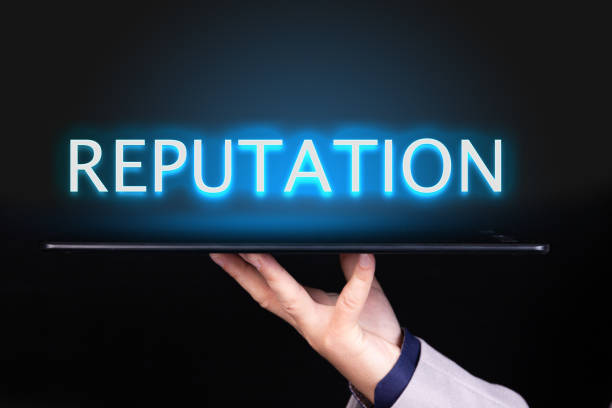


Reputations can take years to build, and a sterling reputation is a critical component to success for both individuals and businesses. Perhaps that is why slander and libel are so damaging–false statements which tarnish the reputation can have devastating consequences. This is one of the reasons that the Law Offices of Mark Sherman, a civil and criminal law firm in CT, is passionate about protecting people and businesses from character defamation.
Both slander and libel refer to the dissemination of false statements about a person or business. Slander refers to the spoken word, and libel refers to statements which are written or broadcast via television, radio, internet, or other media. In many states, there has to be either the knowledge that the statement is false, or a lack of due diligence in determining the truth of the claims in order to recover damages for slander or libel.
There are several factors which must be proven to establish a case for slander or libel. For one thing, libel is an untruth cited as a fact; not merely someone’s negative opinion. A person does have a right to say that the service or food at a restaurant was horrible; they don’t have a right to claim that a customer risks food poisoning if they eat at an establishment without facts to back it up. Here are some other elements required under CT law to establish a case for libel or slander:
Connecticut has a 2 year statute of limitations on slander and libel. This means that a suit must be initiated within two years of the publication of the damaging statements.
There are some situations in which injury is automatically assumed to have occurred. For example, if a person is falsely accused of a crime, then the court automatically assumes that their reputation has been injured. Likewise, if statements are made which attack a company’s credit or the integrity of their products and services, then the courts will assume the business has been damaged.
Considering the definition of libel, it seems surprising that every politician doesn’t have a criminal attorney in CT on retainer during an election year. The reason they don’t is that the law has different standards for public and private persons. A public person, the courts have ruled, has voluntarily surrendered some of his privacy and is open to extra scrutiny. For example, if a public person believes statements made in the newspaper constitute libel, then he must prove malicious intent. If he approaches the paper with the facts and requests a retraction but the paper refuses to retract the statements, then that refusal can be used as evidence of malice. On the other hand, CT courts have ruled that publishing a retraction of a misstatement made about a public person is evidence that the paper was doing due diligence in trying to be accurate. In this case, damages would be limited to specific losses caused by the libel. Fortunately, the law is more lenient regarding private people, and a retraction will not always limit the type of damages awarded.
The emergence of social networking has created unique opportunities for people to commit libel, and a wave of lawsuits have been initiated by individuals and businesses who have been harmed by statements put out on twitter or networking sites like Facebook. People can become lax about making comments to their “friends” not realizing that once an item is posted, there is virtually no way to limit its dissemination. This is one of the reasons that many businesses have consulted with a civil or criminal attorney in CT to design employment agreements which limit the information which can be posted about the company, its products and policies, as well as co-workers on personal social network sites.
Have you been a victim of character defamation? If so, protect your rights and your reputation by contacting a civil and criminal lawyer in CT.
Mark Sherman, a graduate of the University of Pennsylvania and Fordham University of Law, has been a member in good standing of the Connecticut, New York and Florida State Bars since 1998. He has offices in Stamford, Connecticut and New York, New York, and practices in both locations. He has been recognized as a top business professional by the Fairfield County Business Journal and has been honored as a “Super Lawyer” by both New England and Connecticut Super Lawyers for 2011, 2012 and 2013.